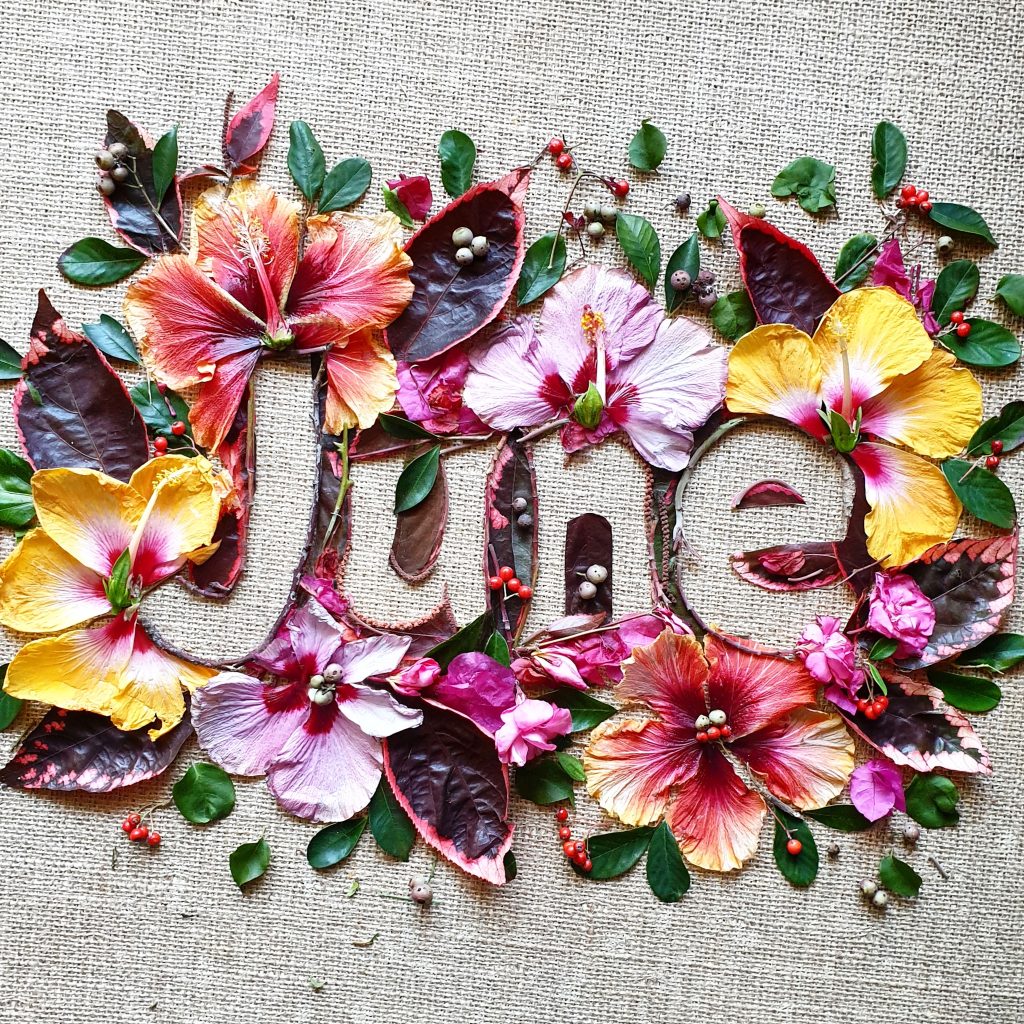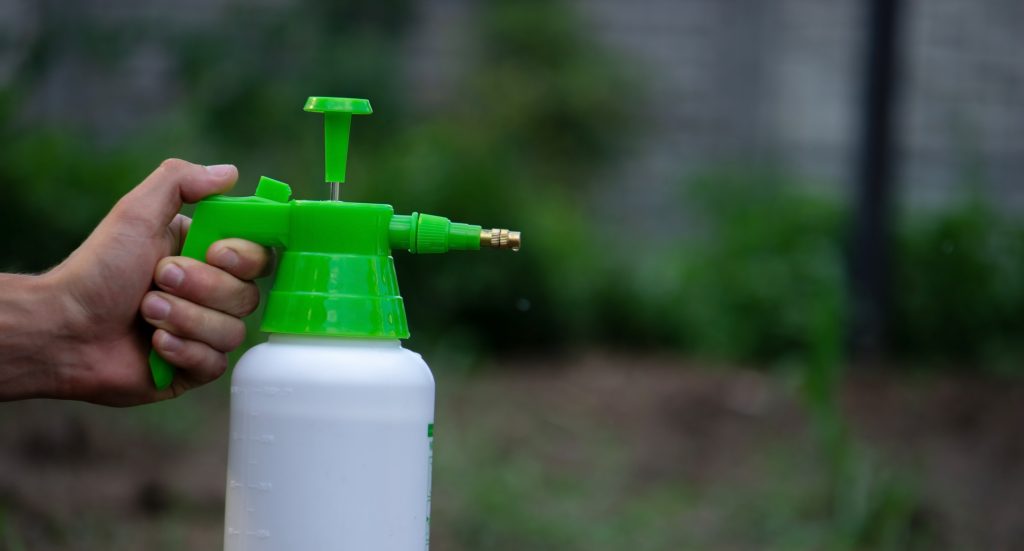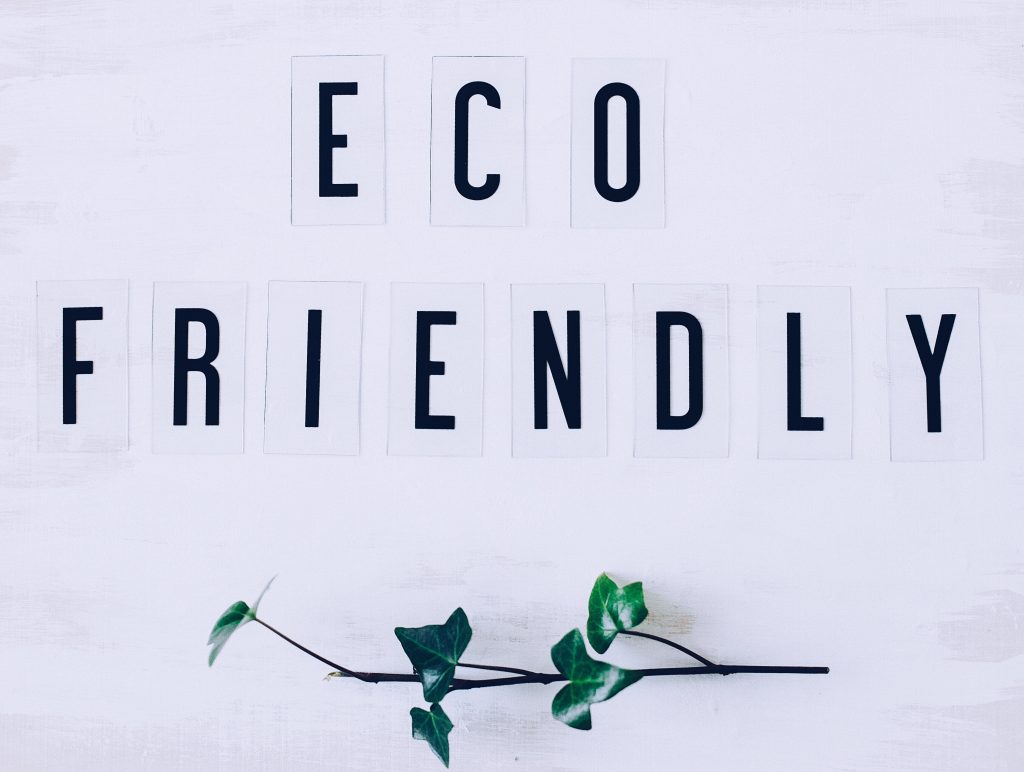School is out. Gardens are planted. The weather is nice; not hot and muggy as July and August will be (well maybe…. after all we are in the Ohio Valley). Vacations are happening. Flowers are planted and are in abundance on people’s porches and in their yards. Lawns are being mowed (ahhh…. who doesn’t love the smell of fresh cut grass) and iced tea is being sipped while sitting on your porch swing or chairs. Such a magical time of year where beauty and delightful smells are in abundance.

Well, ALMOST all Beauty.
One of the things that provide a challenge to us are notorious weeds that seem to pop up everywhere. Weeds that seem to grow in impossible conditions, (don’t you wish your garden plants thrived as well as weeds?
It seems you can pull a weed by its root, yet the next day it’s back. It seems nothing can stop these fierce creatures!
Well, at least you can give it a good fight, right? First thing to know is there are 4 types of weed killers.

There is a pre-emergent herbicide which works on weeds’ seeds. It won’t have an effect once the plant starts to grow.
There is a post-emergent herbicide that targets weeds that are already growing.
There is a broadleaf herbicide that kills non-grass type plants.
And finally, there is a non-selective herbicide that kills any plant it touches.
Of course, you can find all types of weed killers at the Marshall County Co-op. We have many types and varieties available for your specific needs. Just ask any one of the knowledgable employees for assistance.
Now, let’s talk about some things you need to know before you plan your attack or spray your weed killer. The first one is prevention. Healthy garden plants and growing lawns will blanket open soil, which prevents weeds from getting their foothold. Vigilance is also key. Walk around your garden/yard once a week and pull small weeds before they get a chance to get established. The best time to pull weeks is after a light rain when roots come out more easily.
The 2nd one is to learn how to identity the weeds growing and to know which weed you are fighting. A product that kills one weed may not kill another. Also, take a look what is growing nearby. Weed killers are not appropriate for use on other plants that are to be eaten. Some weed killers also may drift in the breeze and kill nearby plants that are germinating.
Click here to learn how to identify weeds:
https://www.bhg.com/gardening/pests/insects-diseases-weeds/types-of-weeds/
The 3rd one is to consider the impact. Often the weed killing product goes beyond the weed you are trying to control. The weed control products are chemicals that can cause a plant to die and in addition has that effect on non-weed plants and animals. Both plants and animals have varying sensitivities to environmental factors which amplifies the fact that weed products must be used with caution.
The 4th one is to please read the label…. So many people just start using the product without reading the precautions and instruction thoroughly. And guess what? It is the law! These labels tell you critical information on how to safely handle and use the weed product. Did you know that pesticide labels all carry the statement “It is a violation of federal law to use this product in a manner inconsistent with its labeling.” Please don’t use the product for any other purpose besides weed control.
The LAST ONE IS to be mindful of organic and natural herbicides. It’s thought of that because weed killers are labeled organic or natural, it is safer than a synthetic product. This is mostly true, because of the quick breakdown of organic weed killers in the environment compared to other inorganic herbicides, which can remain a long time in the soil or a plant.

The most earth friendly way to get rid of weeds is to dig them out by their roots. When that’s not an option, carefully choose a product that eliminates the weed with minimal impacts on the surrounding environment.
So, there you have it on weeds!
And with that being said, the Marshall County Co-op wishes everyone the best this summer on a weed-free, rewarding and fruitful garden and a weed-free, pretty yard!
